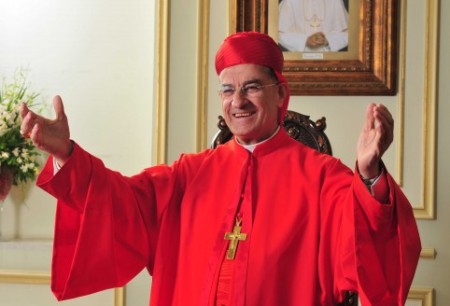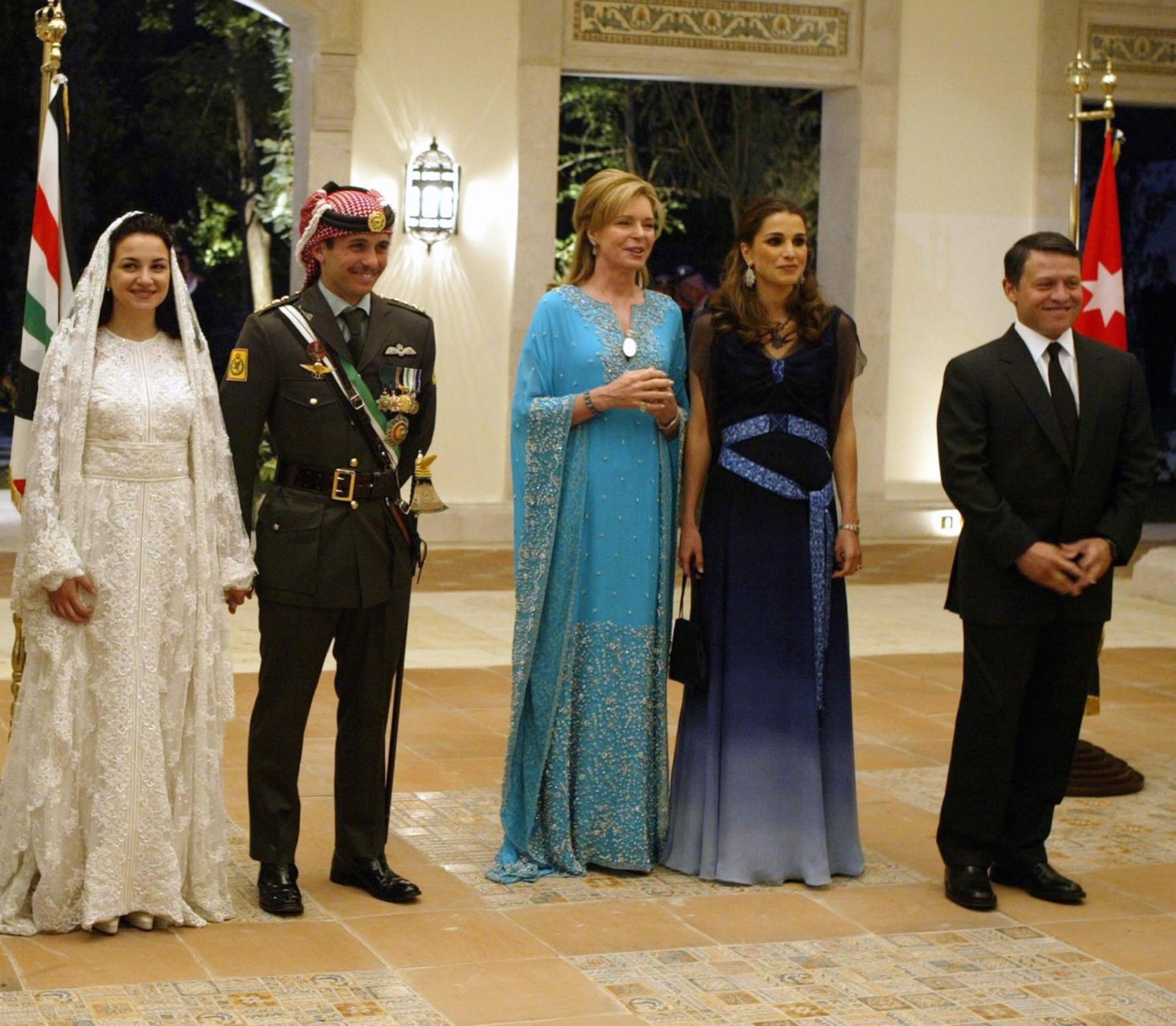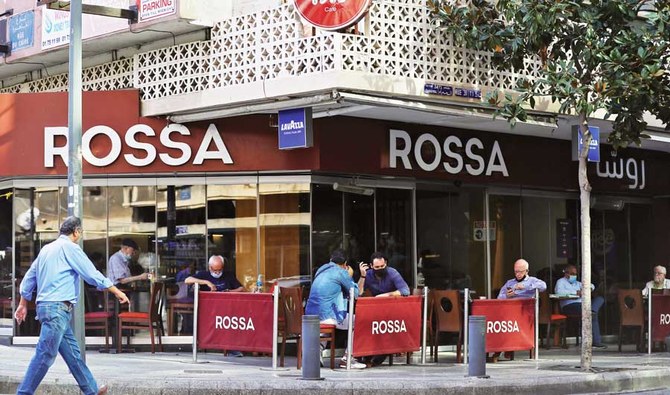by reuters — By John Irish, Joseph Nasr, Ellen Francis PARIS/BERLIN/BEIRUT (Reuters) – Germany will next week present a multi-billion-dollar proposal to Lebanese authorities to rebuild the Port of Beirut as part of efforts to entice the country’s politicians to form a government capable of warding off financial collapse, two sources said. A chemical explosion at the port last August killed 200 people, injured thousands and destroyed entire neighbourhoods in the Lebanese capital, plunging the country deeper into its worst political and economic crisis since the 1975-1990 civil war. According to two diplomatic sources with knowledge of the plans, Germany and France are vying to lead reconstruction efforts.
Berlin will on April 7 outline its proposal, which the diplomats said would in principle include support from the European Investment Bank (EIB), to help fund the clearing of the area and reconstruction facilities. An EIB spokesman said it was aware of the proposal put forward by the port of Hamburg and its consultancy team for the reconstruction of the port of Beirut and surrounding areas. “However, there currently is no financing offer by the EIB. Any EIB financing would be subject to due diligence and have to follow the Bank’s usual processes for such operations,” he said.










